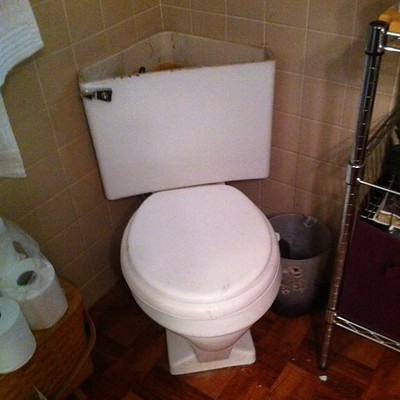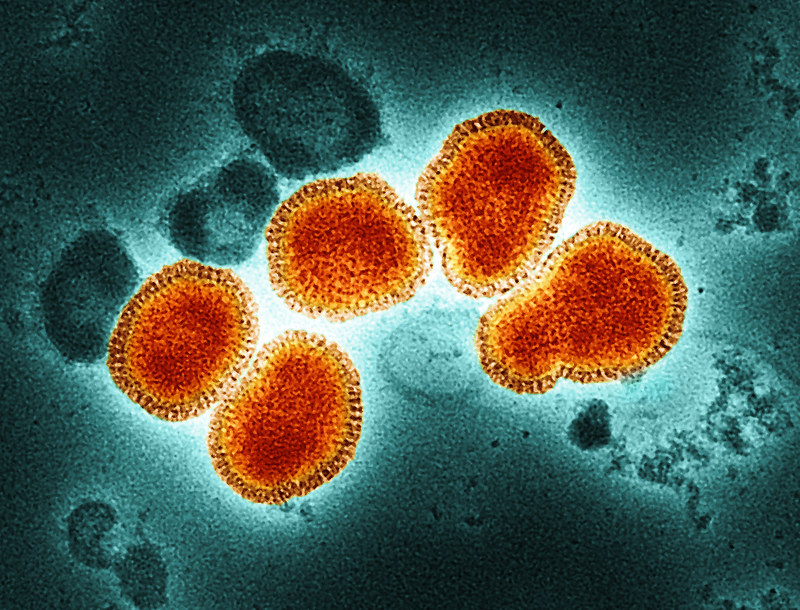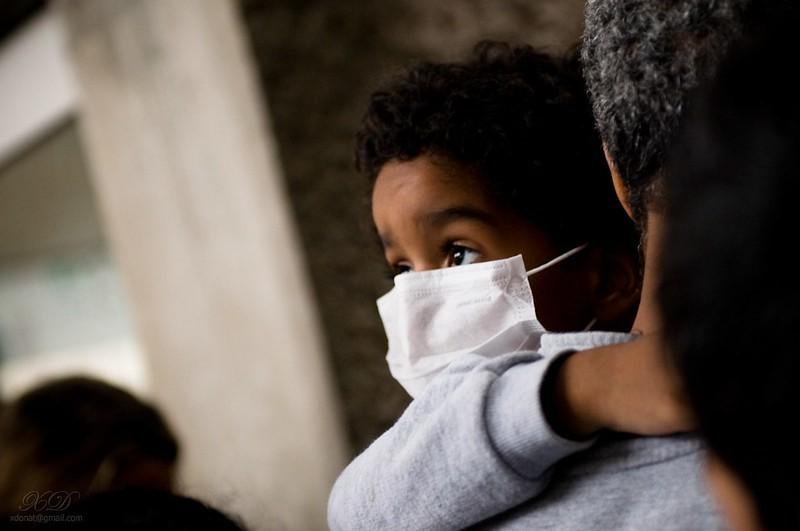
Contrary to previous study findings, closing the toilet lid before flushing doesn't stop aerosolized viruses from contaminating bathroom surfaces, scientists from the University of Arizona and Reckitt Benckiser LLC, the company that makes the disinfectant used in the study, report in the American Journal of Infection Control.
The researchers added a bacteriophage (virus that targets and kills bacteria) to household and public toilet bowls as a proxy for human intestinal viruses. After they flushed the toilets (with the lid open or closed in case of the household toilets), they measured viral contamination of the toilet and bathroom floor and walls.
"Research has demonstrated that people with COVID-19, even those who are asymptomatic, excrete severe acute respiratory syndrome coronavirus (SARS-CoV-2) in fecal matter and other excretions," the researchers wrote. "Viruses contaminating urine and feces can be aerosolized in building restrooms during toilet flushing."
The resulting toilet aerosol plumes, they said, can land on surfaces more than 5 feet away.
Bowl disinfection slashed contamination
The amount of virus collected from surfaces on the household toilet or floor wasn't significantly different whether the lid was open or closed. The toilet seat had the most contamination, while walls had little. Comparable contamination patterns were noted with the public toilet.
With results showing that closing toilet lids has no meaningful impact on preventing the spread of viral particles, our study highlights the importance of regular disinfection of toilets to reduce contamination and prevent the spread of viruses.
Brushing the toilet bowl with Lysol Power Toilet Bowl Cleaner reduced contamination of bowl water (vs no disinfectant) by over 99%. Contamination of the bowl brush was 98% lower when Lysol was used. Adding Lysol to the bowl before flushing or using disinfectant dispensers in the tank helped lessen flushing-related contamination.
In a news release from the Association for Professionals in Infection Control, publisher of the journal, senior author Charles Gerba, PhD, of the University of Arizona, said the results are important for preventing pathogen transmission in healthcare settings. "With results showing that closing toilet lids has no meaningful impact on preventing the spread of viral particles, our study highlights the importance of regular disinfection of toilets to reduce contamination and prevent the spread of viruses," he said.
The study was funded by a grant to the University of Arizona from Reckitt Benckiser.













